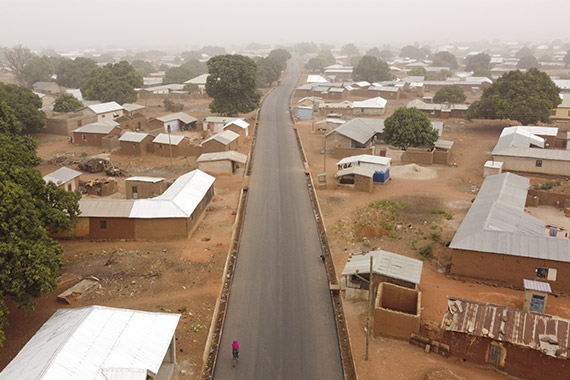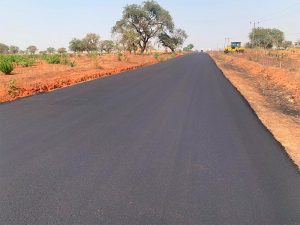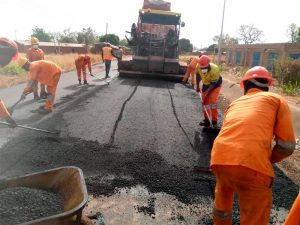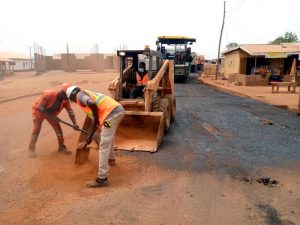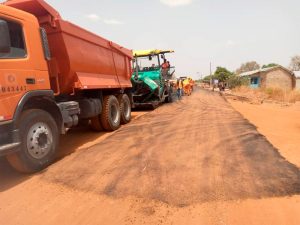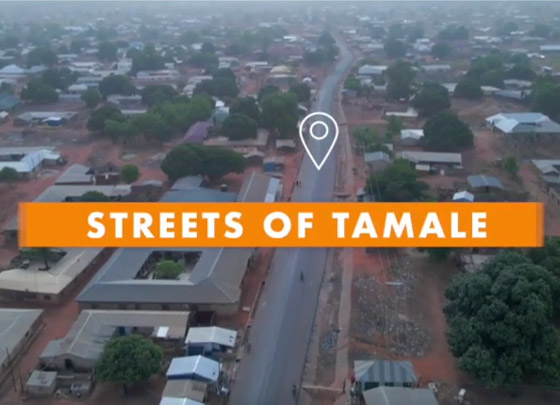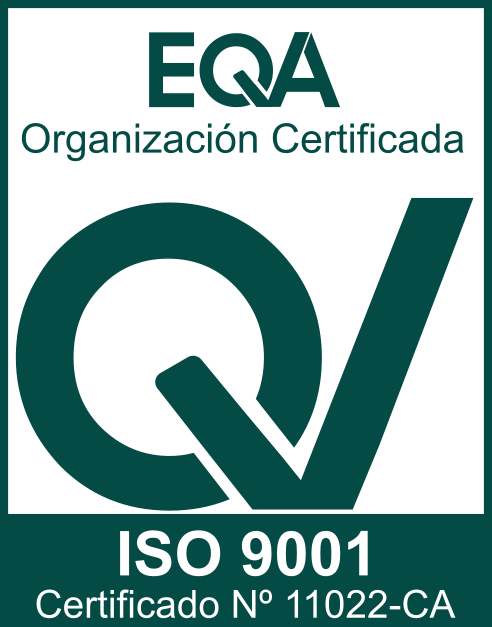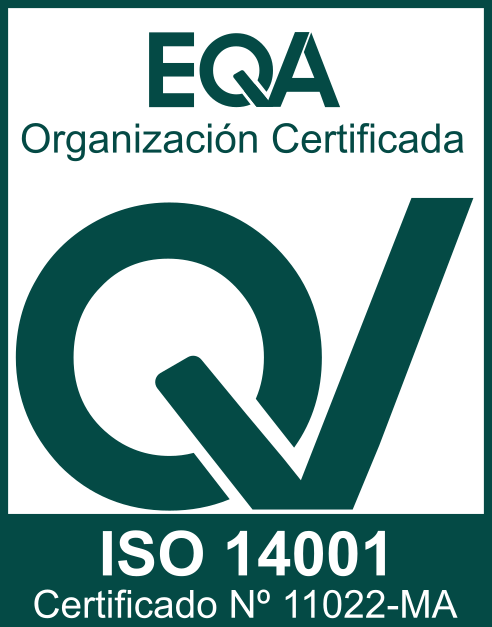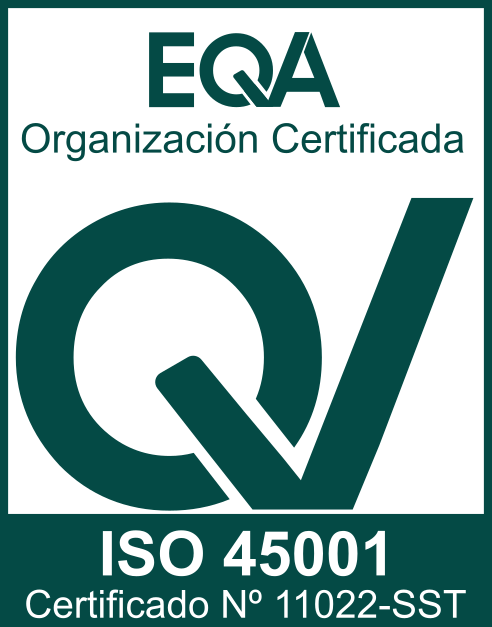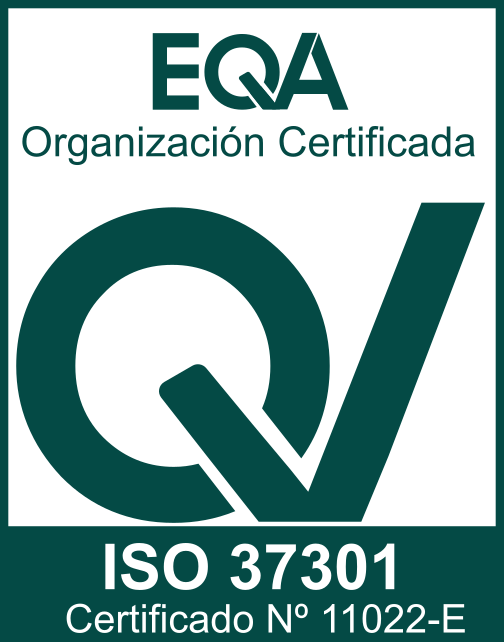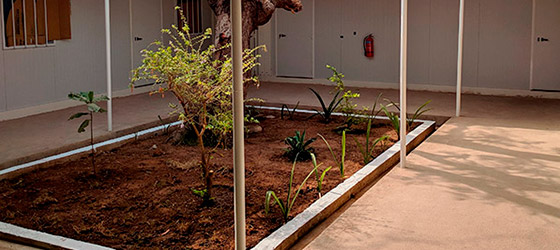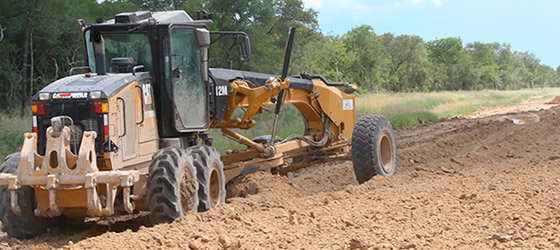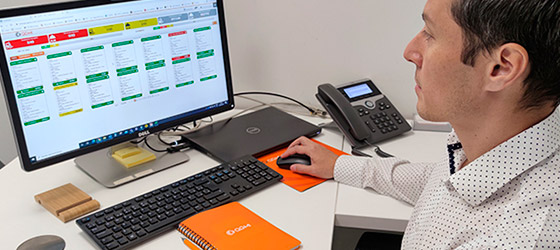STREETS OF TAMALE
GHANA
Project justification
The Northern Region of Ghana has an estimated urban population of 2.480 million (2010). The capital city is Tamale and its metropolitan area are inhabited by about 1 million people. The pavements are deteriorated and present potholes in various areas.
The Streets of Tamale Project aims to resurface approximately 100 km of roads in the city of Tamale to improve driving conditions and ease traffic circulation, tackling the existing poor condition of selected streets and improving the traffic and the quality of life in the neighbourhoods.
QGMI scope of work includes the following:
- Paving and resurfacing of roads in the municipality of Tamale, including drainage, relocation of public service infrastructure and horizontal signaling on selected streets or avenues as requested by the Client.
The roads’ rehabilitation is being carried out in line with the IFC Environmental and Social Performance Standards. The Project is expected to lead to reduction of noise levels and air emissions as a result of improved flow of traffic and lower congestion.
